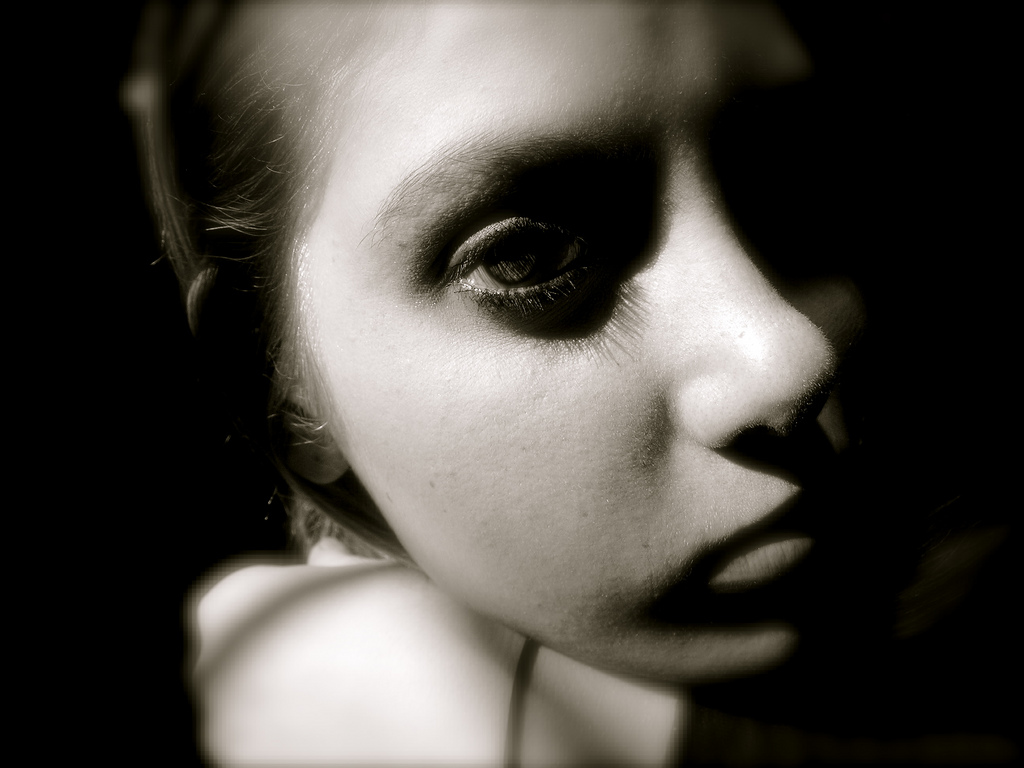-
 David Hodel : Author
David Hodel : AuthorAs a counselor, I seek to be sensitive to my clients’ physical, mental, emotional, and spiritual condition during any given session, following their lead to determine which direction we’ll go with our conversation. I try not to push beyond their capacity, but rather gently guide and point things out as we travel together on the path toward healing and well-being. I provide a welcoming, judgment-free zone in which clients can share their burdens and feel heard and understood. I’d love to chat with you about how you can write a new chapter in your story.
-
 Kate Motaung : Curator
Kate Motaung : CuratorKate Motaung is the Senior Writer, Editor, and Content Manager for a multi-state company. She is the author of several books including Letters to Grief, 101 Prayers for Comfort in Difficult Times, and A Place to Land: A Story of Longing and Belonging. Kate is also the host of Five Minute Friday, an online writing community that equips and encourages Christian writers, and the owner of Refine Services, a company that offers editing services. She and her South African husband have three young adult children and currently live in West Michigan. Find Kate’s books at katemotaung.com/books.
A couple of times over the years, I have seen scenes in movies where a mob boss slaps an underling and says something like, “Stop bleeding. It’s stupid.” As silly as this sounds, this is often the way we treat our younger emotional parts when they intrude on the present and make us feel vulnerable, usually bringing anxiety and anger along with them. When we feel weak or injured, it is easy to turn on ourselves with angry parental
There is a reason marriage traditionally takes place in a sacred place, in front of God, family and friends, and is celebrated in the community. The process of two flawed, amazingly complicated human beings joining together is incredibly complex, and married couples need encouragement and support to resist the forces that would tear them apart, both internal and external. No one reaches adulthood without suffering some sort of emotional harm. We bring whatever damage we have suffered into a
If you have had a panic attack, you already know how upsetting it can be. The symptoms are very distressing. They include, but are not limited to, chest pains, a racing or pounding heart, feeling faint, weak, or dizzy, having difficulty taking a deep breath or rapid breathing, feeling sweaty or having chills, and a sense of impending doom or terror. Some victims of panic attacks say that they feel as if they are having a heart attack. When experiencing these




